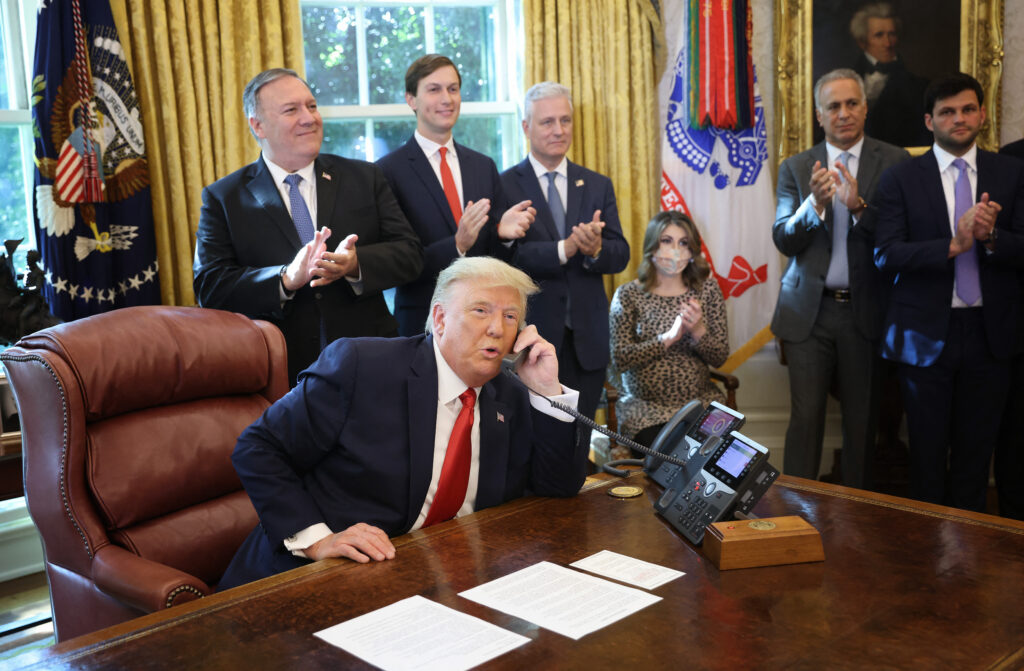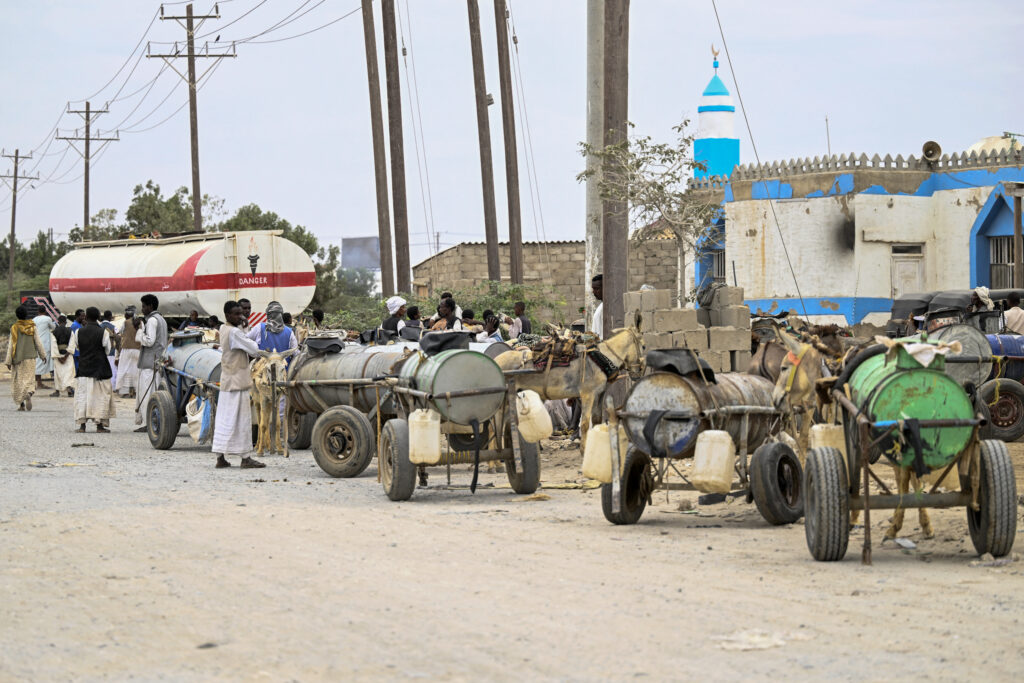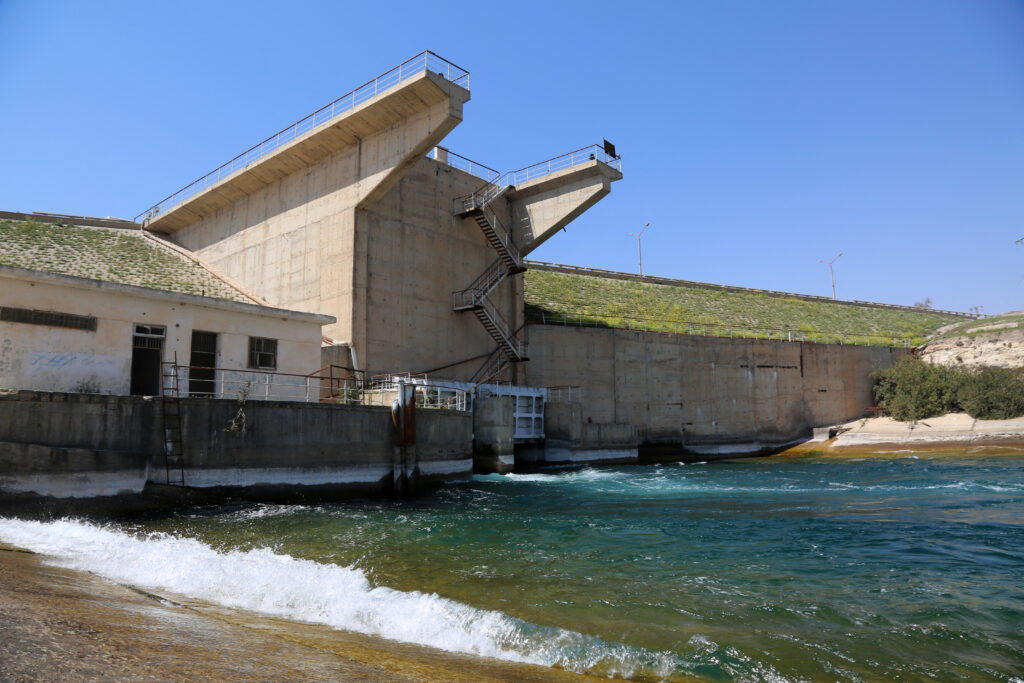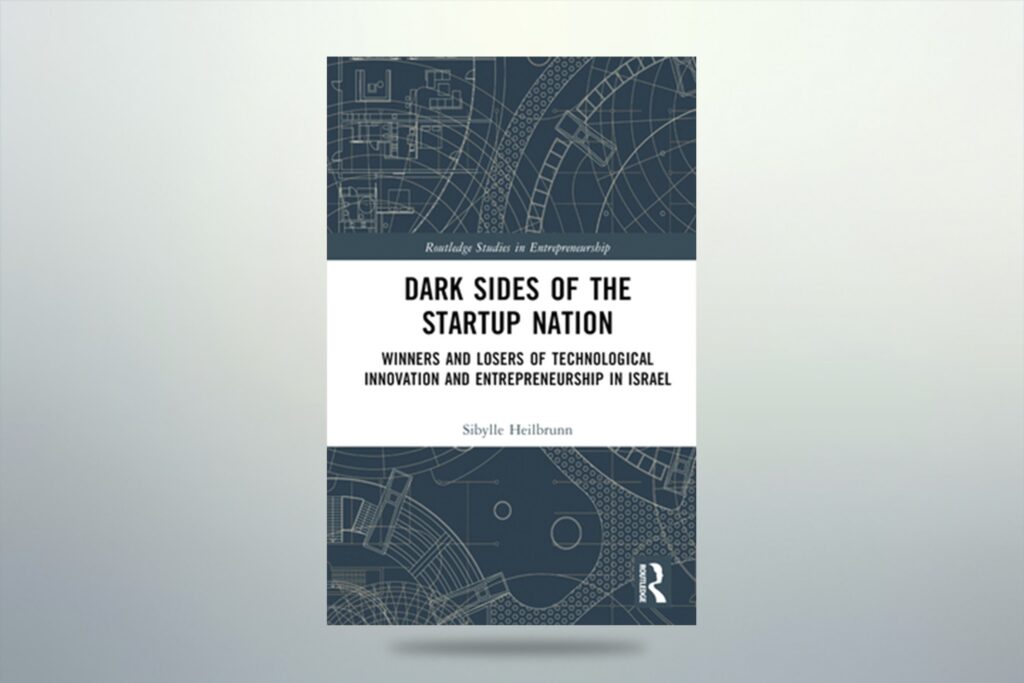China’s Lofty Middle East Aims Hamstrung by Lack of Action
- Evangeline Cheng
- - September 27, 2024
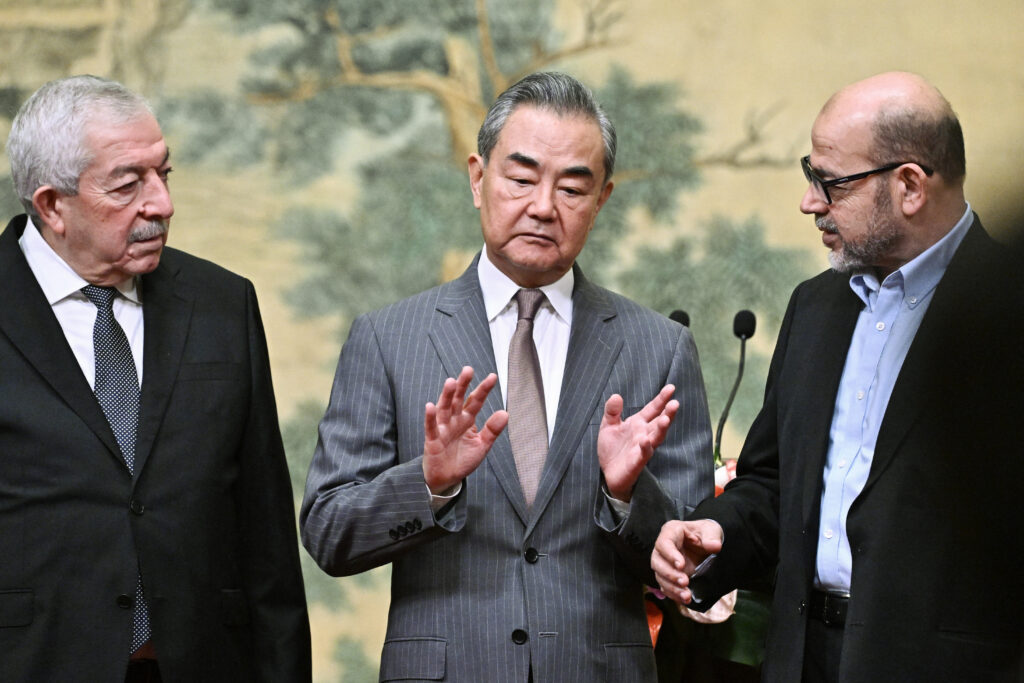
Following the explosions of thousands of its communications devices across Lebanon, Hezbollah leader Hassan Nasrallah accused Israel of an “unprecedented massacre”, and said the act amounted to a “declaration of war”. As the conflict expands on Israel’s northern front, the dust has yet to settle in Gaza, raising the threat of a broader confrontation as the war crosses into its second year. Amid this turmoil, China has leveraged the conflict to claim a role as a peace broker. Saudi Arabia, Egypt, Jordan, the Palestinian Authority, and Indonesia all turned to Beijing as their first stop to rally support for a ceasefire between Israel and Hamas in the wake of the 7 October, 2023 attacks.
Riding the Diplomatic Wave
As tensions mounted, China articulated its “positive energy to world peace and development” at the 11th Beijing Xiangshan Forum in September, where Vice-Foreign Minister Chen Xiaodong reiterated the country’s commitment to mediating the Palestinian-Israeli issue. He stated that China “will continue to act as a mediator and peacemaker”, and emphasised its decades-long support for Palestine’s “full membership in the UN”.
This is not really new: Such broad-strokes rhetoric was introduced by President Xi Jinping over a decade ago. In 2013, during a meeting with Palestinian President Mahmoud Abbas, Mr Xi articulated a four-point plan advocating for a two-state solution based on the 1967 borders. However, beyond these formal expressions of support, China’s actions on the ground have been muted. At best, its support for United Nations Security Council (UNSC) resolutions designating the Houthis as a terrorist organisation signals its alignment with global norms. But, given its inaction, there is little to suggest that Beijing’s statements have had any impact on ending hostilities. Its strategic alignment with Iran has also raised questions about its commitment to fostering stability in the region.
Since the outbreak of the Gaza war, China has been hedging its diplomatic responses to the conflict. It has favoured assertive statements and formal declarations over direct action, aside from humanitarian and economic assistance.
This year, however, it moved to make a mark, proposing a UN-led multilateral peace conference in a deliberate effort to rival traditional Western dominance in peace negotiations. Building on its role in the Iran-Saudi rapprochement in March 2023, Beijing has actively engaged as a peacemaker, further evidenced by the 10th China-Arab States Cooperation Forum (CASCF) in May 2024. Its coordinated criticism of US policies regarding the Palestinian issue at the China-Arab States Cooperation Forum (CASCF) signified a pivotal shift, uniting 22 Arab states to condemn “ongoing violations” against Palestinians, and challenging the US veto on Palestine’s UN membership.
Riding on this wave of diplomatic momentum, China brokered Palestinian unity among Fatah, Hamas, and 12 other factions in July with the so-called Beijing Declaration. This strengthened its legitimacy as the representative of Palestinian interests in international peace negotiations, garnering praise from Arab nations and UN Secretary-General António Guterres.
Compounding Frustration with the US
Growing frustration with the US’ inability to resolve the Gaza conflict, and its full-throated support for Israel, has also helped China, with countries like the United Arab Emirates reassessing their positions. By insisting on the establishment of a Palestinian state as a prerequisite for post-war reconstruction, the UAE embodies a broader impatience among Arab states, signalling a potential shift away from traditional reliance on US diplomacy.
Arab public opinion about the Gaza war, meanwhile, reflects significant discontent with US foreign policy, as evidenced by a survey conducted by the Arab Centre Washington DC (ACW), and the Arab Centre for Research and Policy Studies (ACRPS). A striking 94 per cent of respondents viewed the US position negatively, with 82 per cent describing it as “very bad”. In contrast, opinions on China were more positive: While 38 per cent rated China’s stance negatively, 40 per cent held a positive view, and 22 per cent were undecided. This indicates that, while China is not universally embraced by Arabs, it has managed to avoid the intense criticism directed at the US.
The Gaza conflict also presents China with a unique opportunity in its strategic competition with the US, as Washington’s resources are stretched thin across multiple fronts. Since 7 Oct, the US has engaged in intensive shuttle diplomacy to address the escalating crisis, with little to show for it. With Gaza putting Washington off its stride, its focus on the Indo-Pacific region — China’s primary area of strategic concern — may be compromised.
Conclusion: China’s Quiet Victory
As the prospect of a “day after” increasingly resembles a prolonged tit-for-tat exchange rather than a seamless transition to peace, China’s response, however muted, may still serve its broader ambitions of driving a wedge between the Arab world and the US — at least for now. However, with little progress on the ground and the conflict dragging on, China’s efforts may provide nothing more than a cosmetic boost. Despite widespread criticism of its stance, the US has demonstrated that it remains the indispensable power in the region. China’s diplomacy has garnered headlines, but little beyond that. The danger for Beijing is that its efforts will be judged as merely symbolic unless it can match its words with actions.
More in This Series
- Jean-Loup Samaan
- - October 15, 2024

